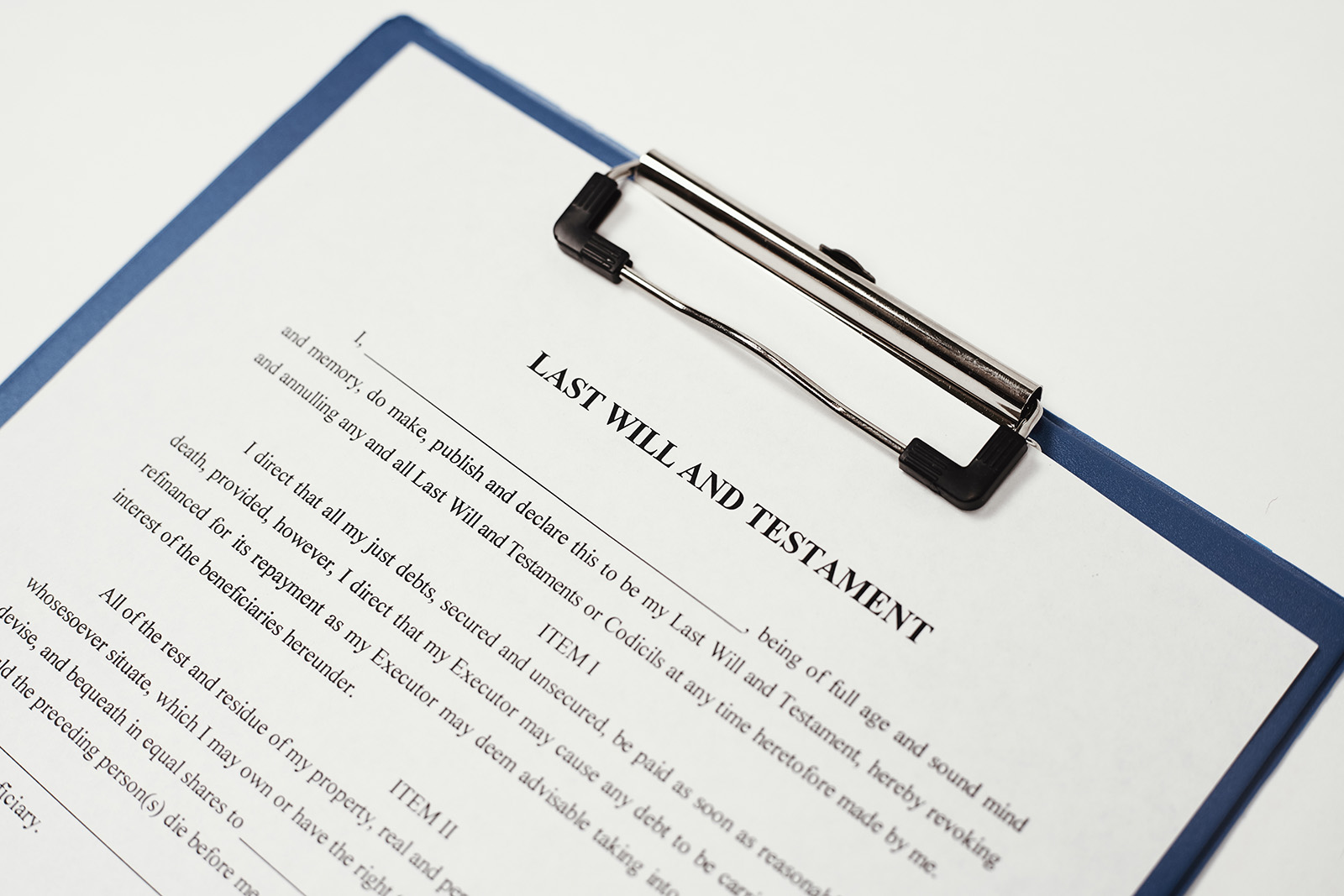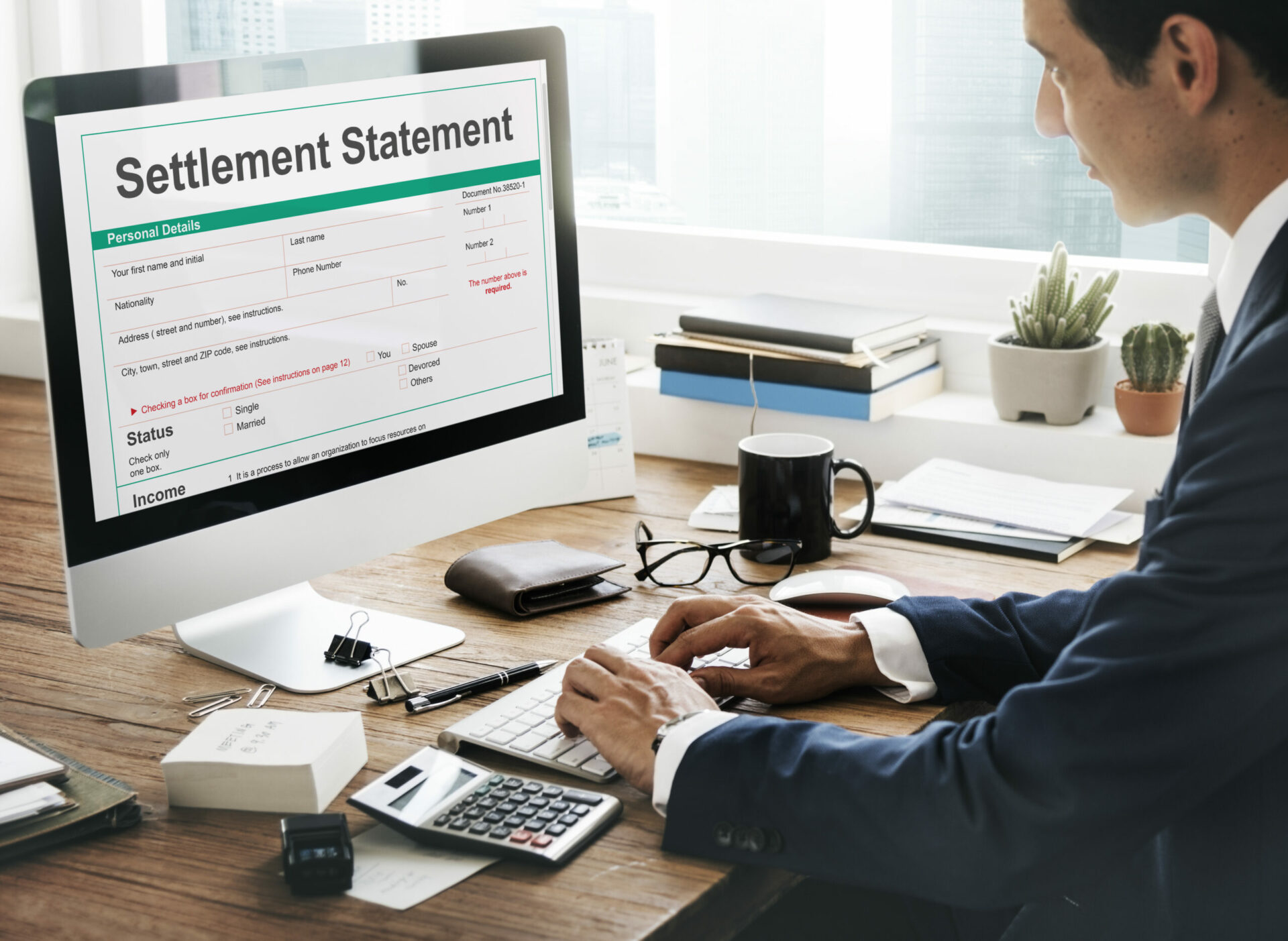A Comprehensive Guide to How to Find Out if Someone Has a Will
When someone dies, there are many tasks and important documents that must be handled, including handling any unfinished business, paying any debts, and going through the probate process distributing their assets and property to the heirs and beneficiaries of the estate.
But what happens if you aren’t sure the decedent left a will, or where to find it if they did? If you are searching for a missing will, there are several things you can do to find out if a person has a will.

What Is a Will and Why It Matters?
The last will and testament provide precise instructions about distributing an individual’s property after they are dead. In addition, it lists a trusted person who oversees the probate court process. This person is known as the executor or administrator of the estate, or sometimes as the personal representative for the deceased.
When a person dies, their will explains their wishes for not only how their assets are to be disbursed but also, how much of a share each heir or beneficiary is entitled to.
What if the deceased person did not leave a will?
When someone dies without leaving a will, they are said to have died ‘intestate.’ In cases like this, state probate law generally dictates how the property and assets of the deceased are to be divided and disbursed no matter the wishes of the deceased.
How to Search for a Will After Someone Passes Away
In the best of circumstances, a Last Will and testament is written and kept in a safe location until it is time for it to be executed, such as in a bank safe deposit box, with their important personal belongings, or at a law office with the probate attorney who drafted it.
Ideally, the executor of the estate and the attorney of the deceased person will know where it is located. But if you are unable to find the will, there are a few things you can do.
Legal Resources for Locating a Will
A will is only a public record after it has been filed with the court. Though some states do allow for pre-death filings, most often a will is filed after the owner of the will dies.
To find a will in public records, either search court records online for the clerk of court in the county where the deceased resided. If the will has been filed or if probate has been started, you may be able to find it on the court docket.
Key Steps for How to Find a Will From a Deceased Person
- Search probate court records in the deceased’s county
- Contact family members or the deceased’s attorney
- Check safe deposit boxes or personal documents
- Look for an online will registry
How to Check Probate Records for a Will
The probate clerks at the county courthouse where the deceased resided may also be able to help you obtain the will. Wills must be filed in the probate court of the county where the deceased person resided.
Probate Record Verification
- Many wills are filed with the local probate court
- Some states offer online probate databases for quick searches
- You may need legal proof to access certain documents
Ask the executor of the estate if there is a will.
The person named executor of the estate is the person responsible for filing the will as well as notifying all creditors, heirs, and beneficiaries of probate. The executor will be able to tell you if the will has been located, filed, and probated.
Ask the lawyer or law firm who drafted the will.
If the deceased worked with an estate planning attorney, they may have a copy of the last will and testament or may know where the deceased stored it for safety. It is not unusual for someone to entrust the law firm they sought legal advice from to keep these types of important documents safe.
While the attorney will not tell you what’s in the will, they may be able to tell you if they drafted the last will and testament.
Search a will registry
A will registry is a service that may help you find a will or the name of the attorney who drafted the document. The service does not have a copy of the will but does tell where the will is kept. Some states offer will registry services while other registry types may require a fee.

Check safe-deposit boxes where the decedent banked
It is very common for a will to be stored in a bank safe deposit box. Check the decedent’s bank for a safety deposit box.
If you do not know where the decedent banked, check their records for bank statements and letters. While there are strict procedures in place for who can access a safety deposit box, the bank manager may be able to provide access.
You will need specific paperwork and documentation before access would be given. An attorney will be able to help guide you through accessing someone else’s safety deposit box.
Ask family members and friends
Before a person’s death, it is not uncommon for them to tell a trusted family member or close friend that they executed their will and reveal the places they kept it. You should talk to as many relatives and friends as possible to ask whether the decedent had a will or an attorney.

Look in secret hiding places
If the deceased’s family agrees, search in hiding places around the decedent’s home and property. Many people put important papers in ‘secret’ places like the freezer, mattresses, in the walls, under furniture, and in tins in the garage. The point is you may have to conduct an exhaustive search to find the will.
What If You Can’t Find a Will?
If you can’t find a will, it may be that one does not exist, or that someone else has already filed it. Each state has a timeline for how long you have to file a will after the person dies. Once probate is opened, the executor of the estate must issue notice to all heirs and beneficiaries.
You may be able to file documents with the court that entitle you to be notified when probate opens.
- Confirm whether the deceased had a will through their attorney
- Search digital records or estate planning documents
- Consider intestacy laws if no will is found
Can a copy of the will be used for the probate court docket?
If you do not have the original will and are unable to locate it, you may be able to use a copy of the will, but it is a complex and challenging process.
Basically, in the eyes of the law, if the original document can’t be found, then it may have been revoked. As such, any copies of that will would be revoked as well and would not be able to be used for probate court.
Probate ensures the will is valid and that the wishes of the deceased are followed. If any heirs or beneficiaries contest or disagree with the validity of the will, then the probate process could be far more lengthy, and costly.
Benefits of Knowing Someone’s Will Early
- Helps ensure assets are distributed according to their wishes
- Avoids probate delays and potential disputes
- Provides clarity on executors and legal responsibilities
Looking for an Inheritance Advance During the Probate Process? Probate Advance is here to help.
At Probate Advance, we understand that probate can be a lengthy, complicated process but that sometimes you need access to your money sooner. If you’re waiting on inheritance funds, we can help. Our team offers a reliable, fast, and transparent solution, helping you get the funds you need without the burden of debt.
Applying for a probate advance can be helpful for beneficiaries who need immediate funds. If you’re considering inheritance funding, speak with a probate attorney and financial advisor to ensure that your choice supports both your immediate needs and future financial well-being.
Need more information or ready to get started with funding in advance of your inheritance? Apply to Probate Advance today, and our team of experts will guide you through the process to unlock the funds you’re entitled to.
